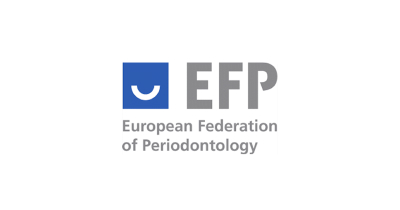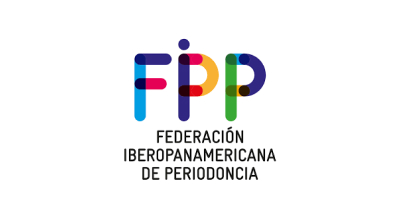
For professionals
Professionals are vital to our ongoing innovation, as they help us better understand people's needs. For over 40 years, we have collaborated with dentists, hygienists, pharmacists, and general health professionals to co-create knowledge and provide scientific training that supports their work. .
We enhance our relationships with these professionals through conferences, publications in scientific journals, and our Aula Dentaid.
Together, we can improve the oral health of more people.
Aula Dentaid

A space for courses, seminars, and conferences aimed at enhancing professional practice in dental clinics and pharmacies.
It delivers an enriching educational experience and has become a benchmark for training specialists in the sector.

Continuing education in collaboration with scientific societies.
A large number of in-person courses.
Training sessions for pharmacy staff to enhance their Oral Health advice.
Through Aula Dentaid, we also support future professionals by hosting seminars at various universities and educational centres.
It offers a hybrid training ecosystem, combining online and offline formats, and features top-tier in-house and external international experts.
Each year, over 6,000 professionals participate in its training programmes.
Meetings and Events
Throughout the year, we complement our training programmes with talks at international conferences and events, creating valuable spaces where professionals in the field can connect, exchange knowledge and enrich one another.

Europerio
A prominent conference in Periodontology and Implant Dentistry, hosted by the European Federation of Periodontology (EFP).
This world-renowned event attracts a large number of attendees.
presenting clinical cases, studies, and updated guidelines for the sector

International Dental Show (IDS)
International trade fair that fosters connections between oral health professionals, dental laboratories and the dental industry.
The IDS provides an ideal setting to exchange ideas and share experiences.

Ibero-American Federation of Periodontology (FIPP)
Every three years, the FIPP organises a scientific conference that brings together specialists in periodontics.
This event is renowned for the participation of leading clinicians and scientists from Central America, South America and Spain.
It unites Spanish and Portuguese-speaking professionals in the field of periodontics.

Dentaid - SEPA Symposium
It brings together professionals from various health disciplines and is held in Spain.
Experts present the latest advancements in the treatment of diverse diseases and syndromes.
The programme focuses on cutting-edge research and its application in clinical practice.
Cookie Policy
We use our own and third-party cookies to analyse website usage and display ads tailored to your preferences based on a profile created from your browsing habits (e.g., pages visited).
You can accept or reject all cookies, or customise your preferences.